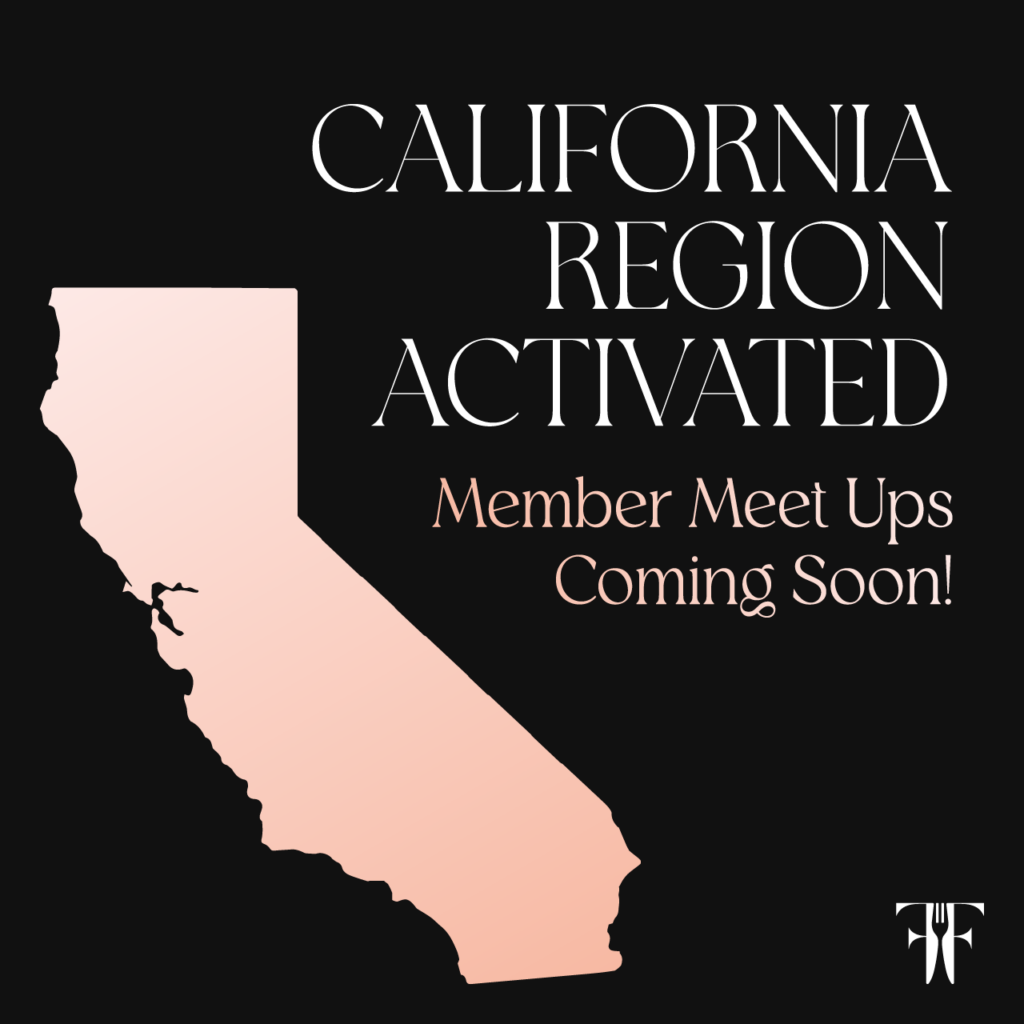According to a recent Gallup survey, only 36% of U.S. employees are engaged in their work and workplace. If that’s not enough of a reason to focus on engaging and retaining your current talent, then maybe the fact that 41 percent of the global workforce is likely to consider leaving their current employer within the next year, according to the 2021 Work Trend Index by Microsoft, will seal the deal. After a year and a half of uncertainty in the world, a shift to remote work, and an increased risk of burnout, employees are tired, which means that now more than ever, we need to focus our attention on engaging and retaining our current workforce.
The Importance of Engaging Your People
Plain and simple, engagement at work leads to retention. Retention leads to more engaged employees, reduced turnover, reduced costs related to turnover and training new employees, and more fulfillment at work for employees. Engaged employees are loyal and the best ambassadors of your company and brand. They feel a stronger connection to the company’s mission and feel a sense of purpose linked to the work they do every day.
How to Engage and Retain Your Talent
According to research by Human Resource expert and professor of management at San Francisco State University, John Sullivan, 70% of millennials quit a job within two years of starting, and that was pre-pandemic! Millennials are quickly becoming the majority of the workforce and stepping into leadership roles and positions of influence daily as Baby Boomers get closer to retirement. So how can we keep this population of individuals and those coming before and after them engaged? Here are four ways.
Establish a Connected Culture
Employees want to be a part of something bigger than themselves. They want to connect with their leaders and coworkers. Human connection deepens bonds and builds trust. Employees cannot operate in silos, and now that remote work has become a part of everyday life for many employees, any existing silos have only become more apparent.
Work to establish a connected culture across your organization and with your team. This requires being intentional with gatherings and touchpoints. Create ways to foster relationships and generate conversations. When people feel connected to their organizations and coworkers, in addition to the value they provide, they’ll be more likely to stay.
Be Flexible About Flexible Work
Flexible and remote work is here to stay. Whether that looks like a full-time or a hybrid approach, ignoring the fact that many employees enjoy and value this new way of working would be naive. Understand that requiring employees to return to the office with zero flexibility on remote work, something they’ve proven they could successfully handle for an extended period in most cases, is going to be a major cause of concern for people. Many employees don’t want to return to a commute and are more productive from home, so if their current employees don’t have flexibility on what work looks like, they’ll find one who will.
Define Career Paths for Your People
Employees want to know what to expect and where you see their expertise playing out in the grand scheme of things. They want clearly defined career paths and a direction to follow. If a person is coming to work each day, not knowing where their efforts will lead, it’s very easy to become unmotivated and uninspired. Be thoughtful and intentional with your employee’s expertise and career aspirations. When you show you genuinely care about your people, they’ll be more likely to care about you.
Bring Your “Human” to Work
Caring about your people goes a long way. Many of us come to work for the day, do our job, and go home. But it’s unreasonable to believe that when we walk through the door of the office (physically or metaphorically) that we can turn off every other piece of our lives. When we’re working, we’re still thinking about our children and pets, we’re still concerned about our sick friends or parents, and we’re still struggling with our mental or physical health, among so many other things.
Remember that we’re all human at the end of the day, and we all have lives outside of our careers. When we acknowledge that and bring compassion and empathy into the workplace, our employees will build meaningful relationships and will be more likely to commit their time and talents to us because we’ve committed our time and attention to them.








